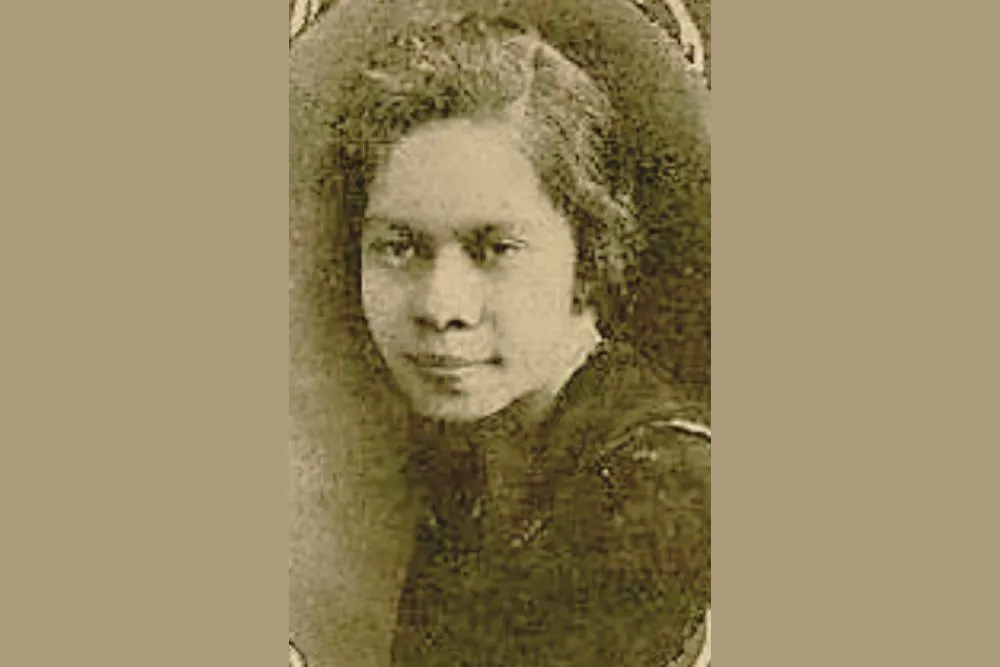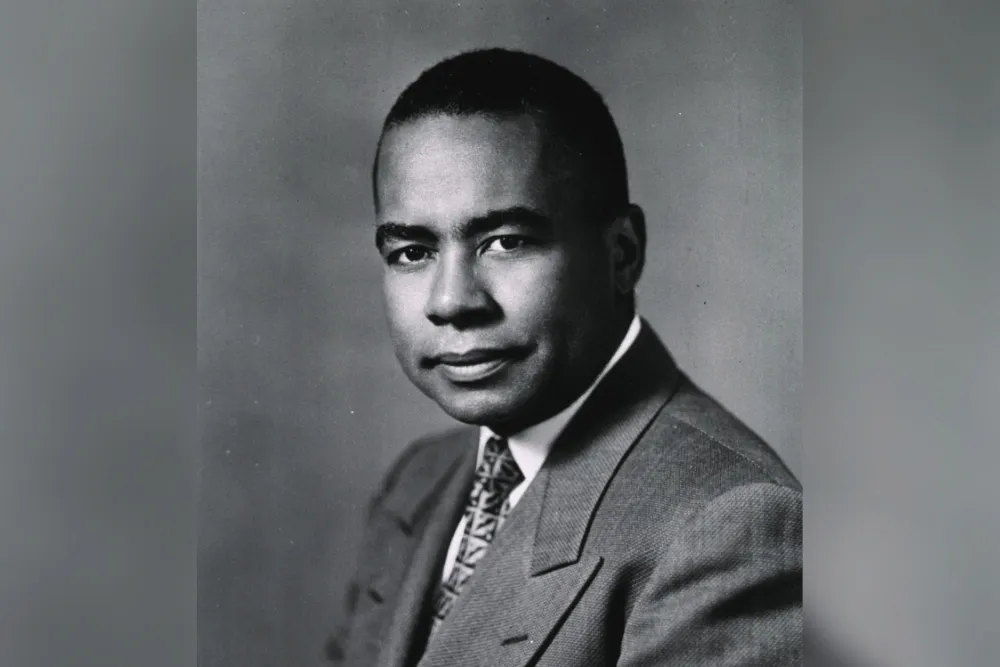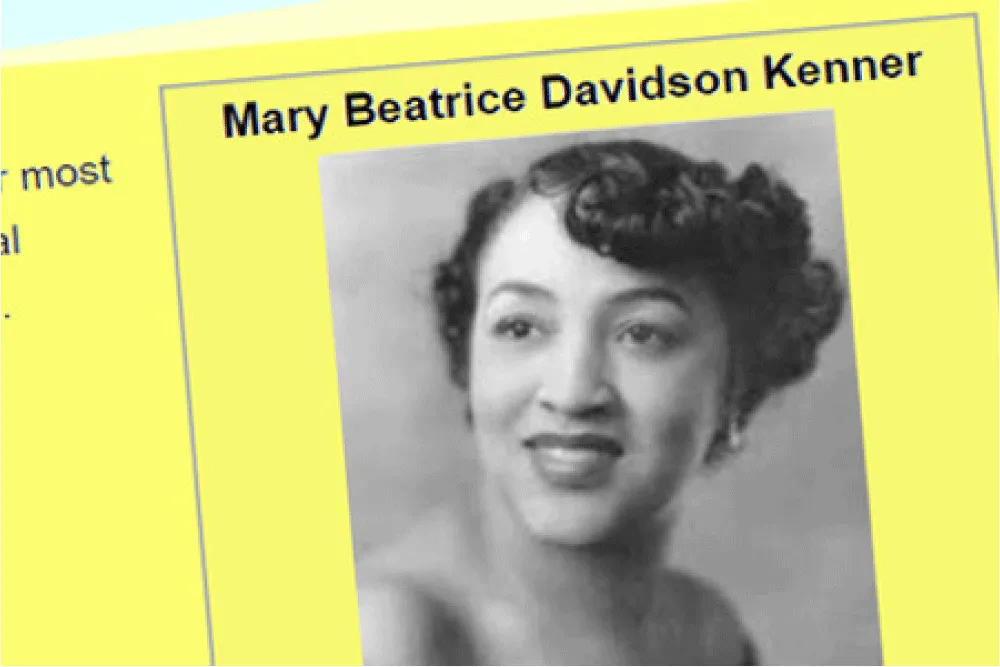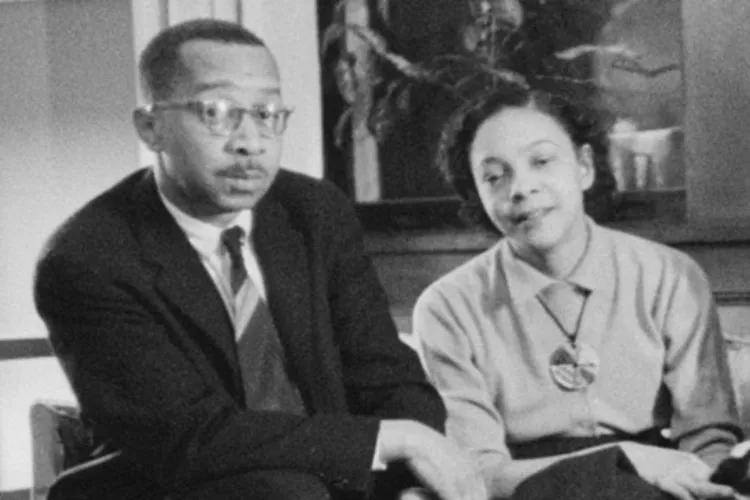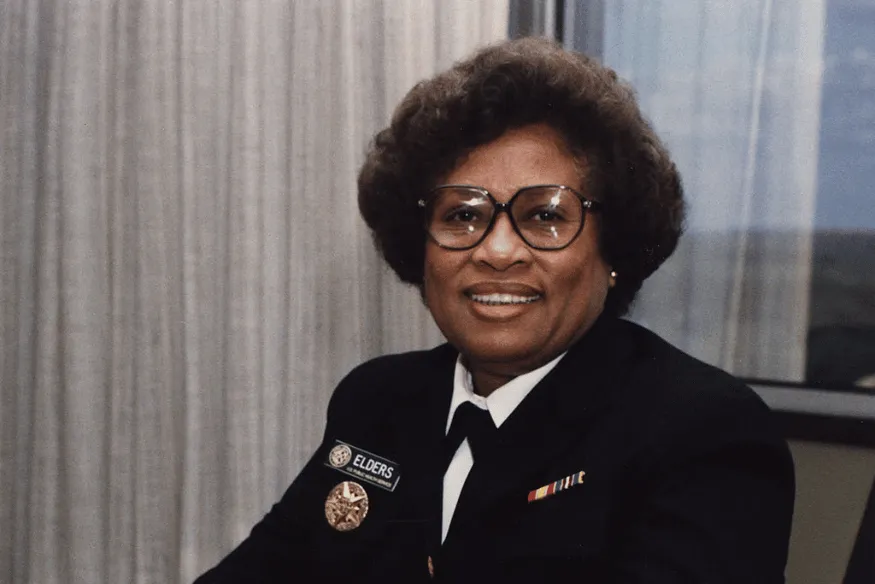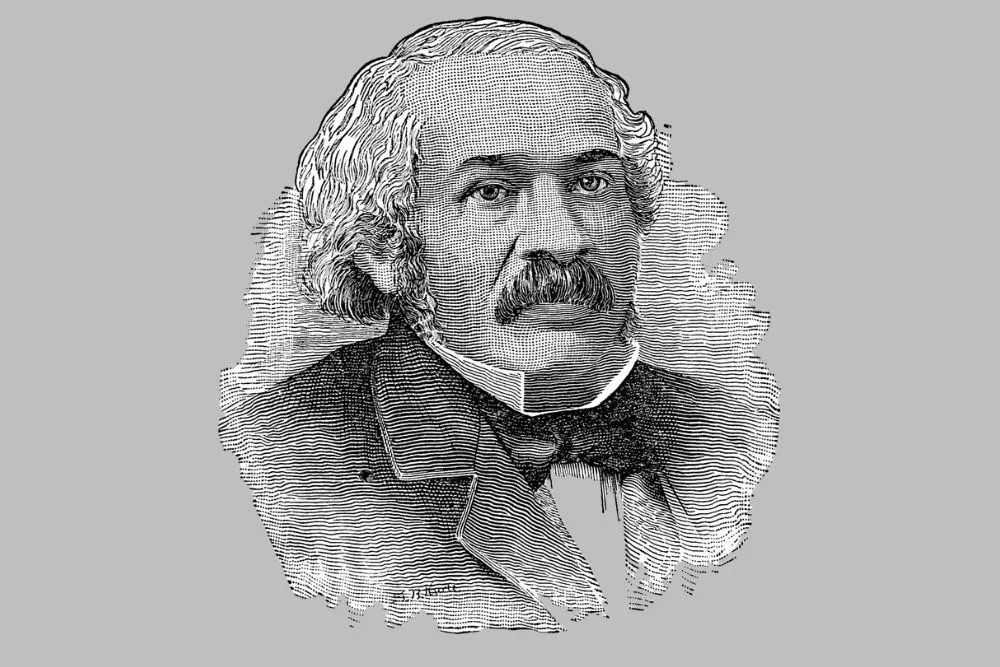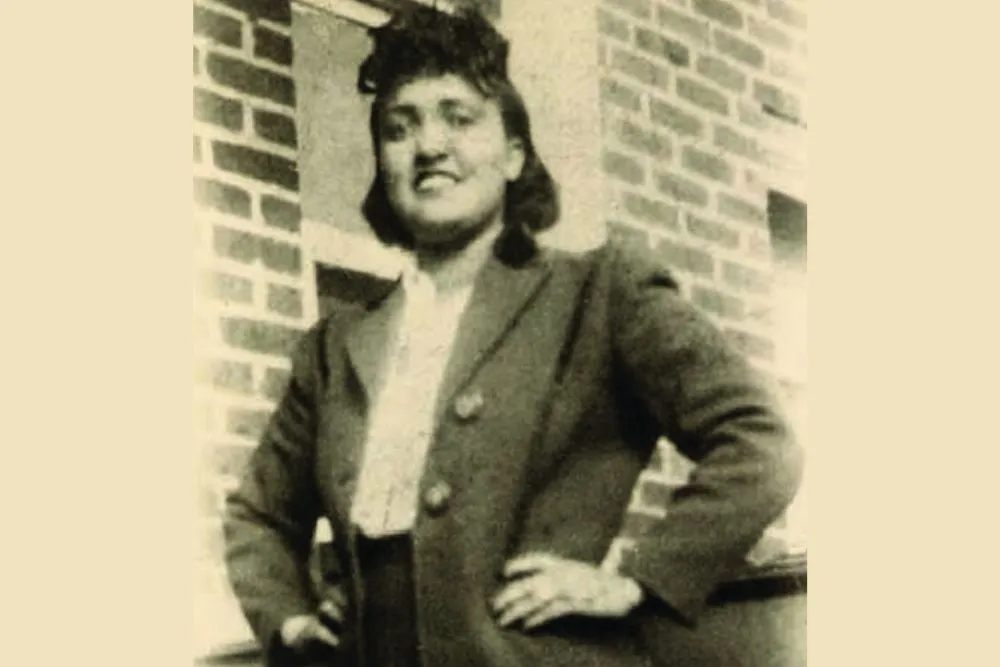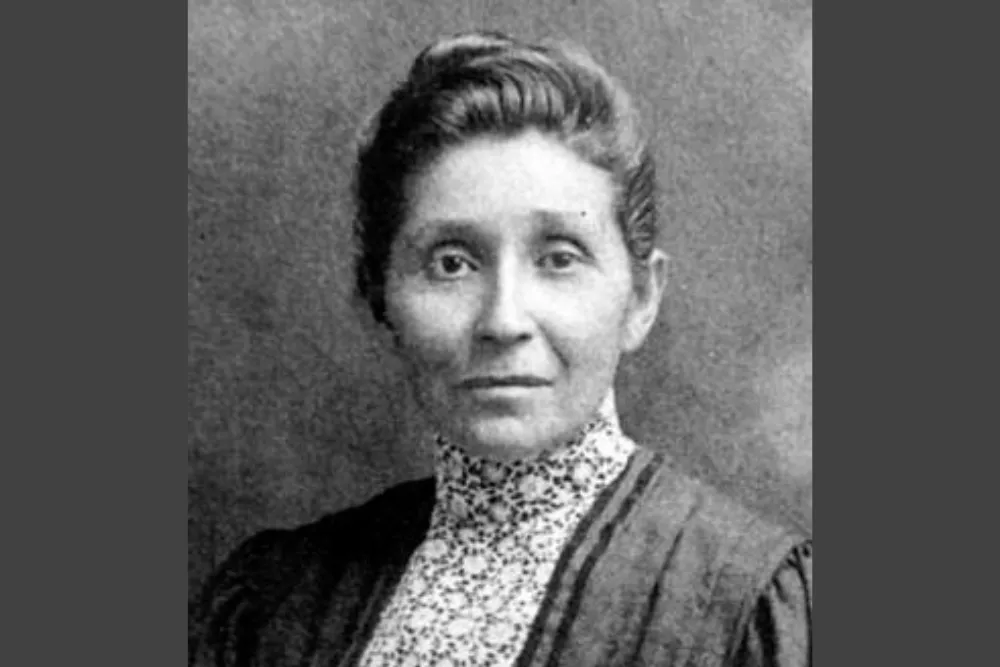Early life and educational struggles
Born in 1831, Rebecca Lee Crumpler was raised in Pennsylvania by her aunt, who is credited for passing down a love for helping others. From an early age, Crumpler demonstrated a passion for caregiving, a calling that would later drive her to pursue medicine at a time when white men overwhelmingly dominated the field. Her path to becoming a doctor was not easy, as societal constraints often made education inaccessible for Black women, particularly in fields like medicine.
"It may be well to state here that, having been reared by a kind aunt in Pennsylvania, whose usefulness with the sick was continually sought, I early conceived a liking for, and sought every opportunity to relieve the sufferings of others.”
- Dr. Rebecca Crumpler
Despite these barriers, Crumpler's determination led her to attend the New England Female Medical College in Boston, Massachusetts. At the time, this was one of the few institutions that admitted women to its medical program. In 1864, at the age of 33, Crumpler made history by earning her medical degree, making her the first African American woman in the U.S. to do so.
Breaking barriers in medicine
After completing her medical training, Dr. Crumpler began practicing medicine in Boston. Her work mainly focused on treating women and children, groups often neglected by the broader medical community. This early dedication to women's and children’s health was pivotal in an era when medical care for African Americans, especially women and children, was grossly inadequate.
Crumpler’s focus on caring for marginalized communities is best exemplified by her service to former enslaved people during and after the Civil War. During this period, she was appointed to a position in the Freedmen’s Bureau, an agency created to provide support to formerly enslaved people. Here, Dr. Crumpler provided much-needed medical care to Black families in Virginia, where healthcare infrastructure was lacking.
Her work with the Freedmen’s Bureau laid the foundation for her subsequent contributions to public health in African American communities. She recognized that the lack of healthcare access was a significant issue and dedicated herself to addressing this inequity, focusing on providing compassionate, accessible care to the newly freed Black population.
"A Book of Medical Discourses"
In 1883, Dr. Crumpler published her only known work, A Book of Medical Discourses. This book is a vital piece of medical literature, particularly for its focus on the health of women and children. It was one of the first medical publications written by an African American woman and remains a landmark text in the history of Black medicine.
In this book, Dr. Crumpler discusses topics such as proper nutrition, hygiene, and treating diseases common in women and children. Her writing was revolutionary for its time, as it provided medical advice that was accessible to a broader audience, especially Black families with limited access to healthcare resources. It also sheds light on the unique health challenges faced by African American women and children, emphasizing preventative care and holistic health practices.
{{link-bank-two-column}}
Advancing healthcare for African Americans
Throughout her career, Dr. Crumpler worked tirelessly to improve healthcare access for African Americans, particularly in the post-Reconstruction South. She advocated for the creation of more medical institutions for Black students and was an early proponent of integrated healthcare facilities. Despite facing racist and sexist barriers throughout her professional life, Dr. Crumpler broke down these walls with her compassion and medical expertise.
Her advocacy efforts are particularly notable because she worked at a time when Black physicians were often excluded from medical societies, and their contributions were often minimized or ignored. Yet, Dr. Crumpler persisted, helping to lay the groundwork for future generations of Black and female medical professionals.
Dr. Crumpler’s work also extended to public health education. She utilized her medical knowledge to teach underserved communities about health practices and wellness. This was particularly important during an era when public health campaigns rarely considered the needs of marginalized communities.
Legacy and lasting impact
Dr. Crumpler’s legacy is a powerful reminder of the pivotal role that Black women have played in shaping the U.S. healthcare system, even when they faced monumental obstacles. Her work exemplifies resilience, innovation, and compassion in the face of systemic barriers. She was not just a doctor but an advocate, educator, and tireless champion for Black healthcare.
Though her medical career was relatively short, Dr. Crumpler’s influence extended far beyond her lifetime. By focusing on the healthcare needs of women and children, she paved the way for future healthcare professionals to recognize the importance of addressing the specific needs of underserved communities, particularly BIPOC communities.





